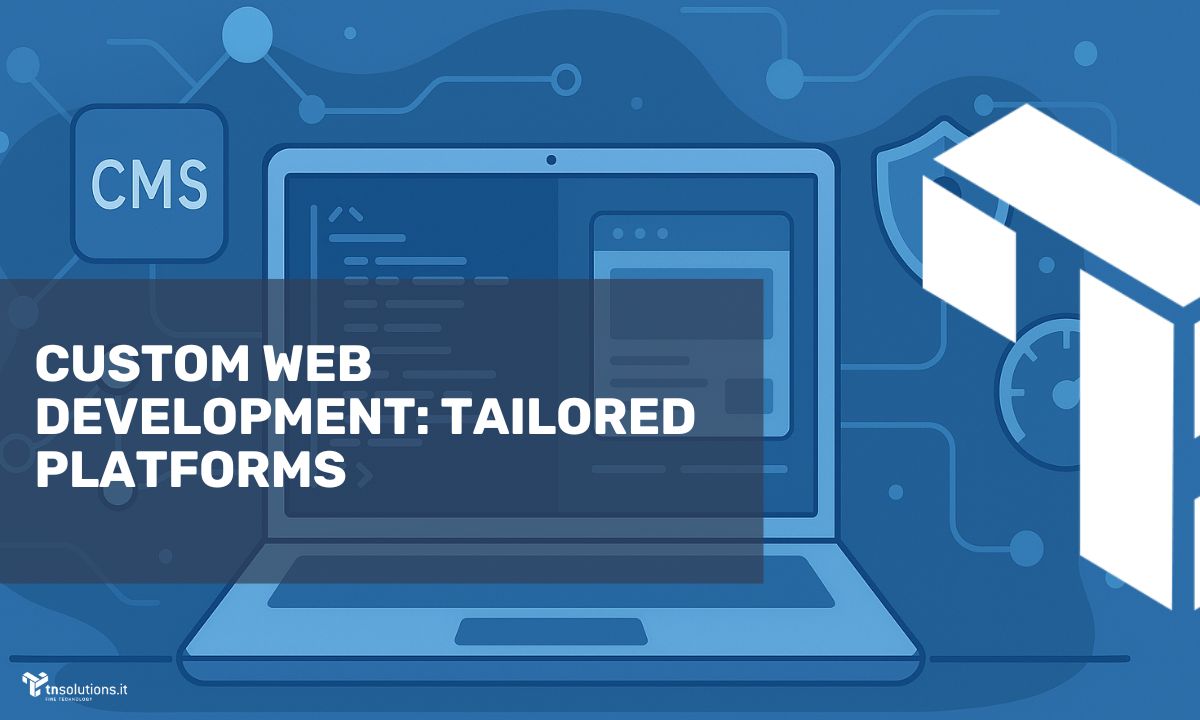
Looking to enhance your company’s communication? Consider adopting VoIP (Voice over Internet Protocol) phone services, which offer flexibility, scalability, and cost savings compared to traditional phone lines.
In this guide, we’ll explore how VoIP works, its main benefits, and essential factors for choosing the right VoIP solution for your business.
What is VoIP?
VoIP is a technology that enables voice calls over the internet, eliminating the need for traditional phone lines. This means calls are transmitted as digital data, offering businesses a more efficient and affordable communication channel.

Benefits of VoIP Phone Services
- Reduced Costs: VoIP services typically offer more competitive rates than traditional phone lines, especially for international calls.
- Flexibility: With VoIP, employees can make calls from any location with an internet connection, supporting remote work effectively.
- Scalability: VoIP services can be easily scaled, allowing businesses to add or remove lines as needed.
- Advanced Features: Many VoIP services include advanced features such as virtual voicemail, conference calling, and instant messaging.
- Integration with Other Software: VoIP systems often integrate with other business software, such as CRM tools and collaboration platforms.
- Sound Quality: High-speed internet and quality audio devices enable VoIP to provide excellent sound quality.
Choosing the Right VoIP Service
When selecting a VoIP provider for your business, consider the following:
- Reliability: Ensure the service offers high uptime to keep business communications uninterrupted.
- Features: Check that the VoIP system includes all necessary features, like inbound/outbound calling, instant messaging, and conference calling.
- Customer Support: Verify the quality and availability of customer support to address potential issues or questions.
- Integrations: If your company uses other business tools, choose a VoIP service compatible with these systems.
- Pricing and Fees: Evaluate service costs, and ensure the fees align with your business budget. Be mindful of any hidden charges or extra fees for additional features.
- Reviews and Testimonials: Look for reviews and testimonials from other clients to gauge the overall experience with the VoIP service.
Implementation and Configuration
Once you’ve selected the ideal VoIP service, carefully plan the system’s implementation and configuration. Collaborate with your IT team to ensure a smooth transition, which may include setting up new devices, porting existing numbers, and training staff on using the new system.

VoIP Security
Security is a top priority for safeguarding business communications. Choose a provider offering strong security measures, such as data encryption, fraud protection, and secure system access. Additionally, implement internal security practices like complex passwords and regular software updates.
Performance Monitoring and Optimization
After implementing your VoIP service, regular performance monitoring is key to identify potential issues or areas for improvement. Use performance tracking tools to evaluate call quality, response times, and other metrics. Based on these insights, make necessary adjustments or upgrades to ensure optimal system performance.
Growth and Scalability
As your business grows, so will your communication needs. Ensure that your chosen VoIP provider supports easy scaling to meet increasing demands. This may include adding new lines, expanding features, or upgrading infrastructure to accommodate a higher call volume.

Employee Feedback
Actively involve employees in the implementation and use of the new VoIP system. Collect their feedback on usability, call quality, and system features. This feedback can be invaluable for identifying issues or improvement areas, helping ensure smooth adoption by your team.
Boost your company’s communication efficiency and cost-effectiveness by choosing the right VoIP solution tailored to your needs. Embrace the flexibility and scalability of VoIP technology to keep your business connected and competitive.












